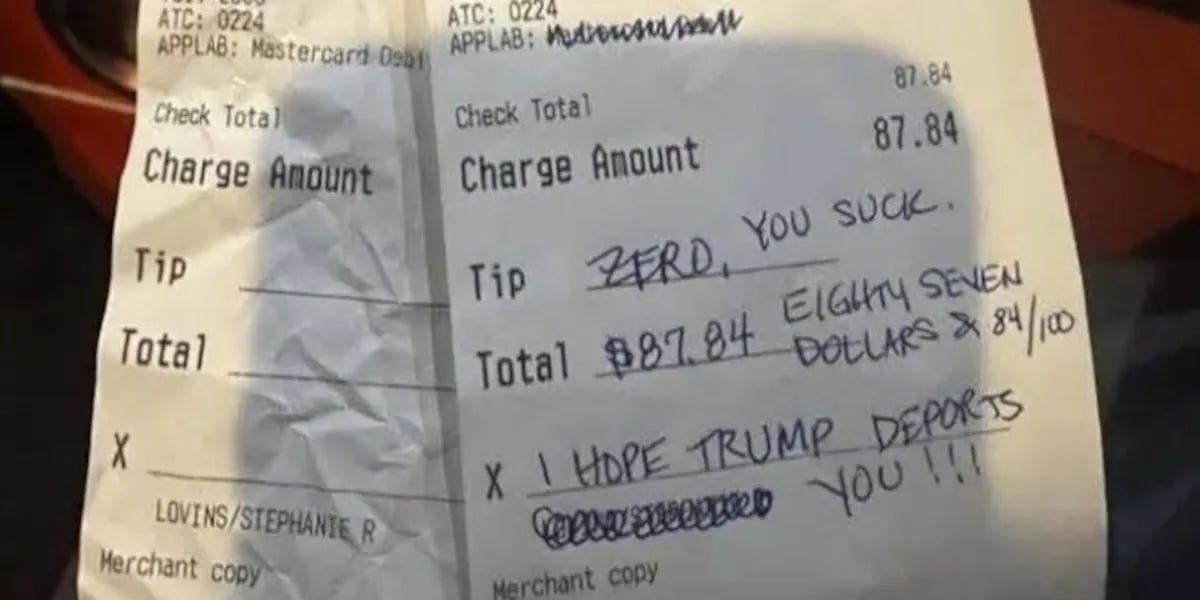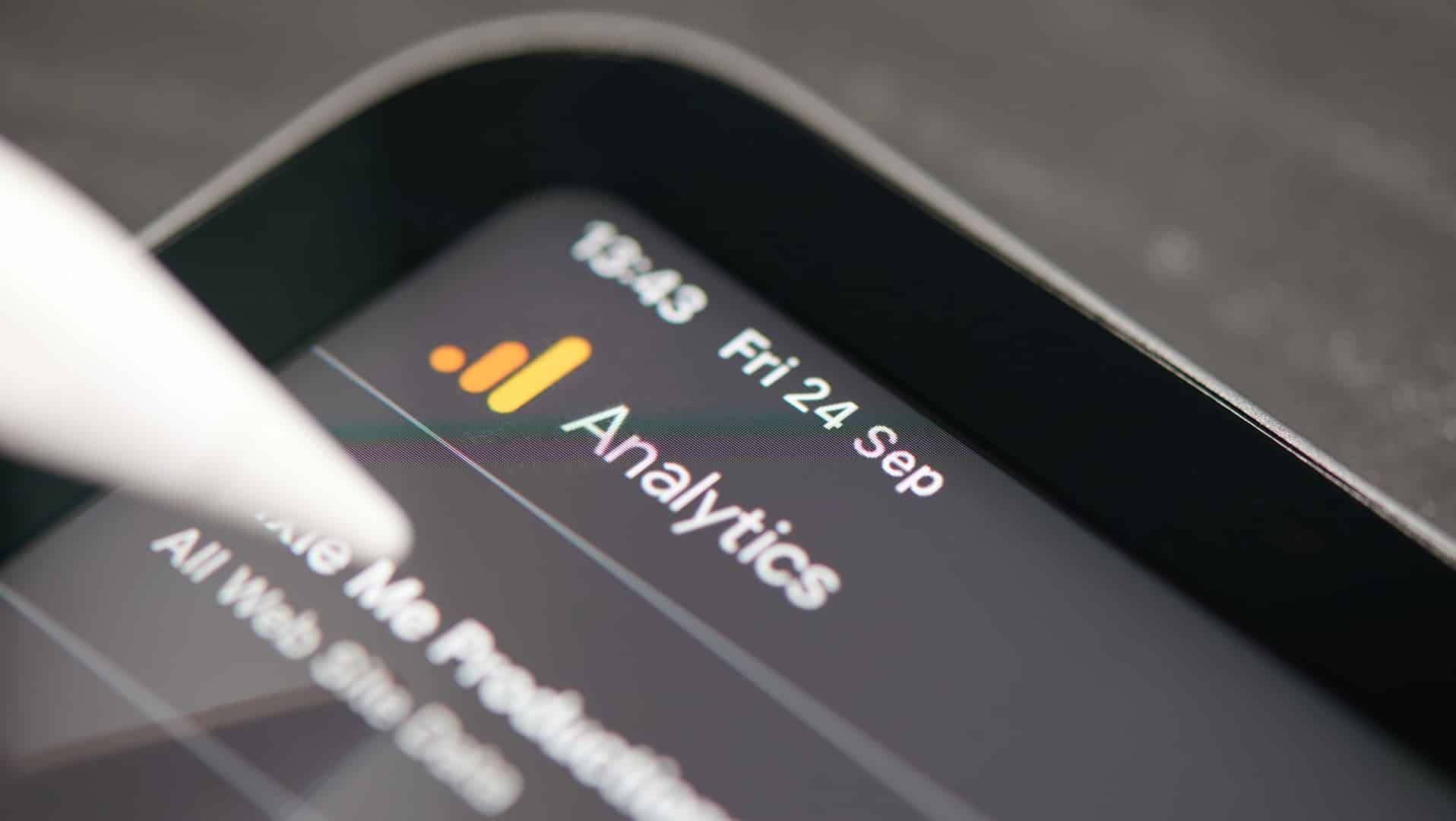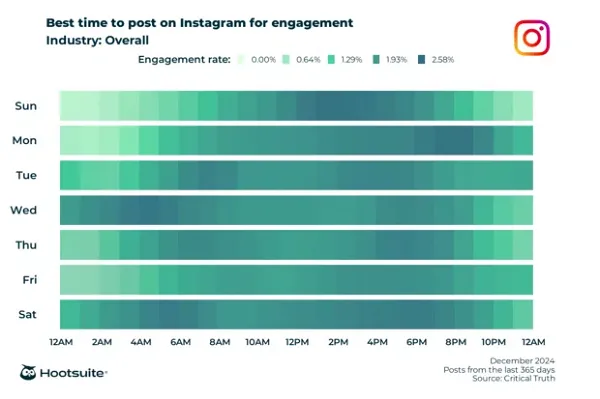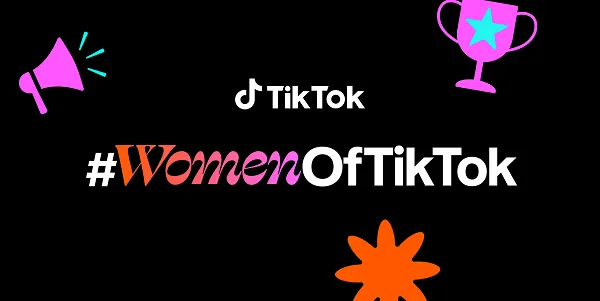Meta is taking legal action against yet another company for scraping profile data from both Facebook and Instagram, as it continues to push for the establishment of legal precedent to stamp out data misuse.
As explained by Meta:
“Today, Meta has filed legal action against Voyager Labs in the federal court in California. Voyager Labs is a scraping and surveillance service that improperly collected data from Facebook, Instagram and other websites. We disabled Voyager’s accounts, filed this action to enforce our Terms and Policies, and asked the Court to ban Voyager from Facebook and Instagram.”
Meta alleges that Voyager Labs used proprietary software to launch scraping campaigns on Facebook and Instagram, as well as Twitter, YouTube, LinkedIn and Telegram.
“Voyager designed its scraping software to use fake accounts to scrape data accessible to a user when logged into Facebook, including users profile information, posts, friends’ lists, photos and comments. Voyager used a diverse system of computers and networks in different countries to hide its activity, including when Meta subjected the fake accounts to verifications or checks. Voyager did not compromise Facebook, instead it used fake accounts to scrape publicly viewable information.”
The question around the legality of scraping publicly accessible sites has been long debated, with LinkedIn battling for years to stop a company from using its publicly available user info to fuel its own service.
LinkedIn first launched legal action against hiQ Labs back in 2017, after discovering that hiQ had been harvesting LinkedIn user data in order to build its own recruitment information service. The case has gone back and forth, with some readings of the law suggesting that such action is not in violation of any specific terms, though most recently, in November last year, the courts ruled that LinkedIn’s User Agreement ‘unambiguously prohibits scraping and the unauthorized use of scraped data as well as fake accounts’, which will enable LinkedIn to move forward with its claim.
Meta’s now looking to use the same clause:
“Our lawsuit alleges that Voyager has violated our Terms of Service against fake accounts and unauthorized and automated scraping. We are seeking a permanent injunction against Voyager to protect people against scraping-for-hire services.”
It’ll be interesting to see whether the LinkedIn case can be used as a precedent, which could make it much clearer as to how platforms can stop data scraping in future.
It’s the latest in a range of legal actions launched by Meta over the last few years, in a bid to push for updates to current laws, and regulations as they pertain to social media specifically.
Meta also launched legal action against two companies for data scraping last July, while it’s also added data scraping detection into its Bug Bounty program, rewarding developers for highlighting platform misuse.
And it does seem like this increased push from Meta is having an impact, which could ensure that scrapers find it much more difficult to operate moving forward.







































































